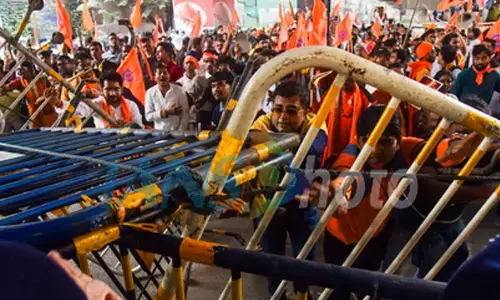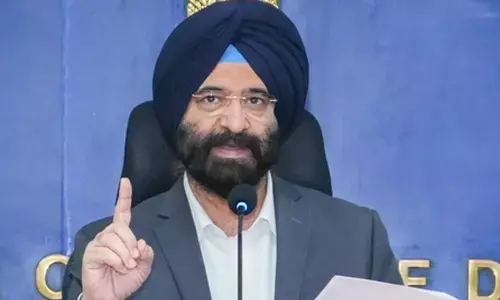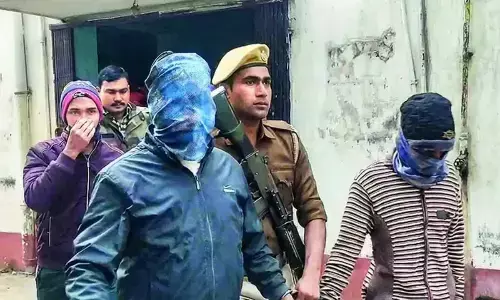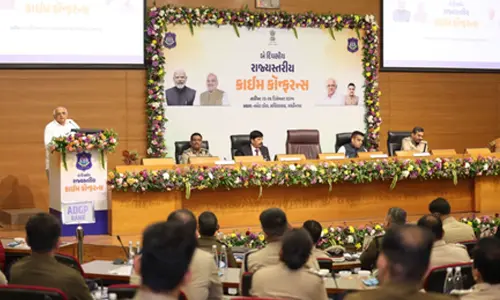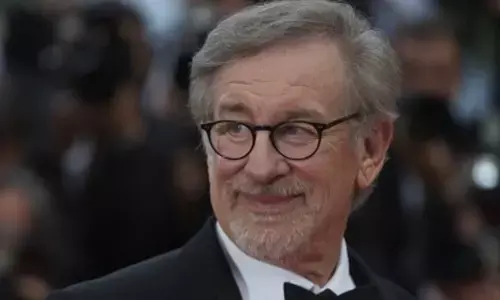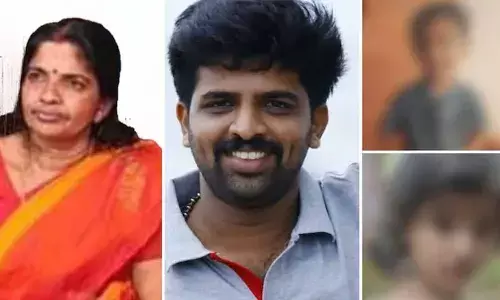Quad ministerial meeting calls for comprehensive approach to fight terrorism
Share :
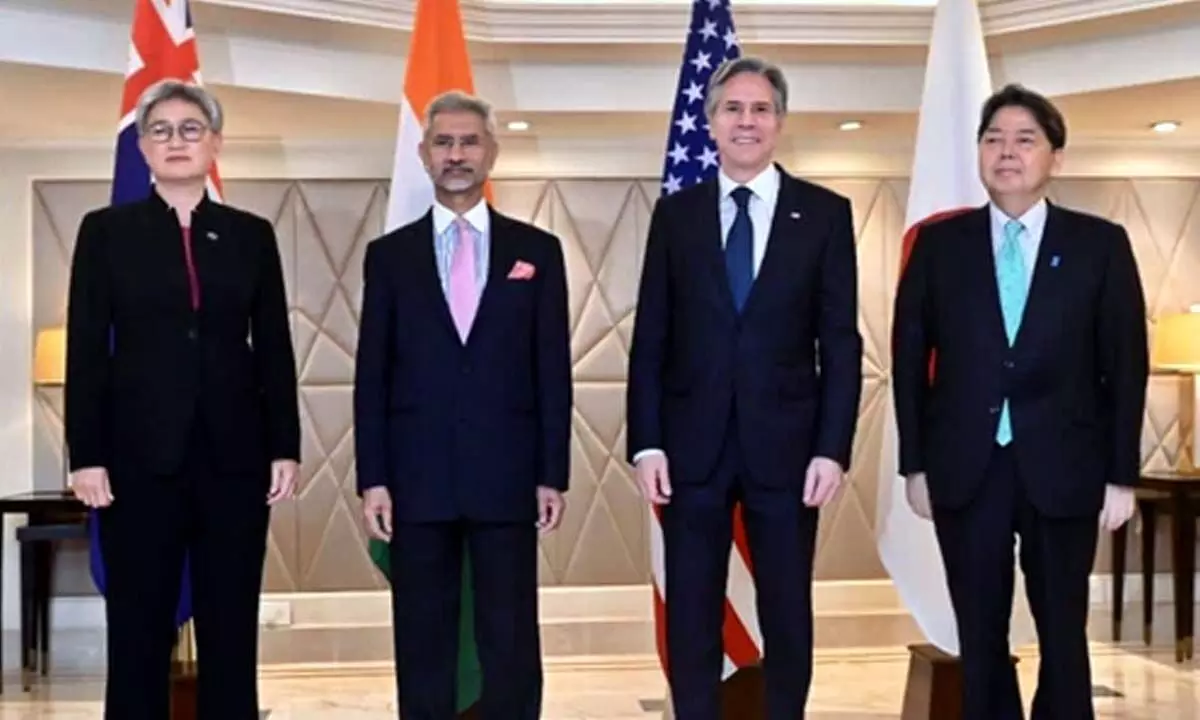
The top diplomats of the Quad reiterated on Friday their commitment to fighting terrorism and called for a comprehensive approach to curb terrorist activities.
United Nations: The top diplomats of the Quad reiterated on Friday their commitment to fighting terrorism and called for a comprehensive approach to curb terrorist activities.
In a readout of their ministerial meeting of India, the US, Australia and Japan, they said: "We are committed to countering terrorism in all its forms and manifestations, including preventing the international and cross border movement of terrorists, and countering terror finance networks and safe havens."
"We continue to cooperate on countering the use of the internet and other technologies for terrorist and violent extremist purposes," they said.
"We stressed the need for a comprehensive and balanced approach to effectively curb terrorist activities through whole of nation and whole of international community efforts," they added.
India's External Affairs Minister S. Jaishankar, US Secretary of State Antony Blinken, Australia's Foreign Minister Penny Wong and Japan's Foreign Minister Yoko Kamikawa participated in the meeting held on the sidelines of the high-level General Assembly meeting.
In their prime area of cooperation, they reiterated their "steadfast commitment to a free and open Indo-Pacific that is inclusive and resilient".
They recalled the summit of the Quad in Hiroshima in May that declared the Indo-Pacific "a region that is peaceful and prosperous, stable and secure, free from intimidation and coercion, and where disputes are settled in accordance with international law".
The ministers did not mention China by name in their statement, but clearly directed this message to Beijing: "We strongly support the principles of freedom, the rule of law, sovereignty and territorial integrity, and peaceful settlement of disputes; and oppose unilateral attempts to change the status quo. We seek to maintain and strengthen stability in the Indo-Pacific, where competition is managed responsibly."
"We reiterate our commitment to the UN Charter and call for all countries to uphold its purposes and principles, including refraining from the threat or use of force against the territorial integrity or political independence of any state. We underscore our commitment to upholding international law as the foundation for stability and equitable treatment of all member states," they added.
Referring to the the South and East China Seas, where there have been constant confrontations by China with countries in the region, they said.
"We emphasise the importance of adherence to international law, particularly as reflected in the UN Convention on the Law of the Sea (UNCLOS), to address challenges to the global maritime rules-based order, including with respect to maritime claim".
The top diplomats called for advancing "a comprehensive UN reform agenda" that includes adding permanent and non-permanent seats in the Security Council.
"We call for a UN Security Council that is more representative, transparent, effective, and credible. We underscore the need to address attempts to subvert the international system, including in the UN, and promote accountability," they said.
On Ukraine, an issue on which India differs with the others by not openly and directly condemning Russia, their statement reflected a consensus that said: "We underscore that the rules-based international order must respect the sovereignty and territorial integrity of all states."
"We express our deep concern over the war raging in Ukraine and mourn its terrible and tragic humanitarian consequences. We underscore the need for a comprehensive, just, and lasting peace in Ukraine in accordance with international law, consistent with the principles of the UN Charter."
"In the context of this war, we concur that the use, or threat of use, of nuclear weapons would be unacceptable," they added.
On Myanmar, they expressed concern over the situation there and called for return to democracy and freeing of those "unjustly detained".
They condemned North Korea's "destabilising launches using ballistic missile technology and its continued pursuit of nuclear weapons".







